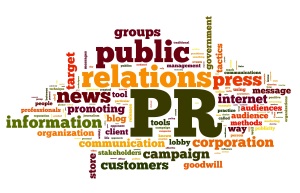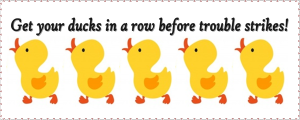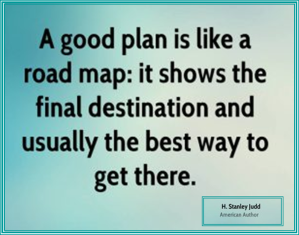Do you have a 1900’s website?
Website’s weren’t around in the 1900’s, they came much later!
Think about this, films today are so different to those made years ago. Films have continued to develop in the way they are made and produced. If you can understand that then think of your business as a film. Just as films have and continue to develop and adapt, so must you and your business.
One focus could be your website. Paying for a website might be difficult at the start, however, your website is the window by which you showcase you and your business and so investing in it is important.
All those wanting to work with you, connect with you, buy from you or support you need to feel they know you. Business and charity are more to do with people than what the business or charity actually does. You can put your products and services on your website but to those visiting it’s so what? Its the why should they buy from you, who are you, why this business and why this product?
8 Tips for your website:
* Spend what money you can on the best website you can
* Engage a copywriter and/or PR expert to help write the content and try not to use jargon – try using plain
English
* Make your website uncluttered – Home, About, Product and/or services, contact
* Have a video – a silent website is like a silent movie, not interesting and out of date. Make your video
effective or different and make sure that a video is on the correct website page and make the video relevant to
the audience
* Keep your landing page simple and concise – remember the 8 second rule? Visitors have just 8 seconds to decide
about looking further
* Include your branding throughout
* Follow up all messages – as time goes on and you become busier you may engage a virtual assistant or an associate
* Review your website, does it still represent your business/charity and you?
Do you have a 1900’s website? Only you have the answer.
Alison Cross-Jones




